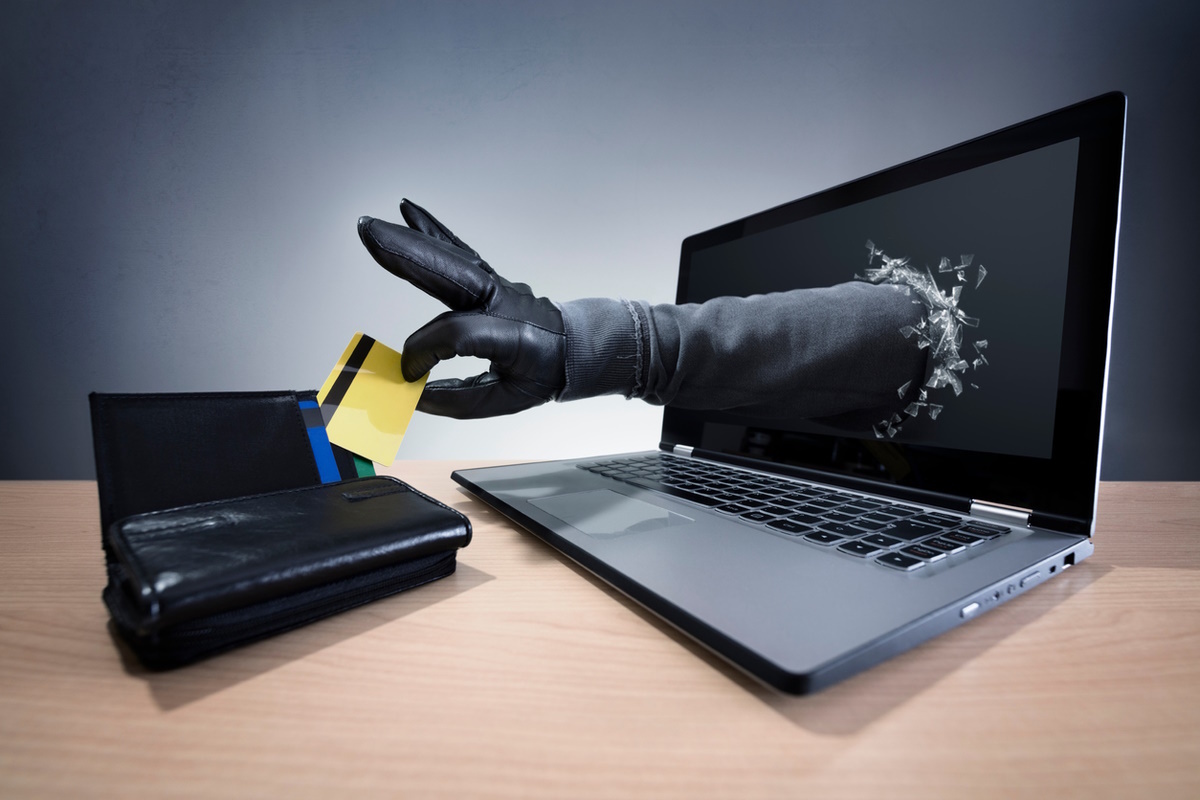How to Keep Your Online Identity Safe

In today’s digital age, our online identities have become increasingly valuable. With the ever-growing prevalence of cyber threats and data breaches, it is essential to take proactive steps to keep your online identity safe. This article will provide you with practical tips and strategies to protect your personal information and maintain your privacy in the online realm.
Keep Your Online Identity Safe
In today’s interconnected world, maintaining the security of your online identity has never been more critical. From personal information to financial details, our online presence encompasses various aspects of our lives. By following some essential practices, you can significantly reduce the risk of falling victim to cybercrime and safeguard your online identity.
Read More: Best Online Income Blueprint for Pakistanis
Understanding the Importance of Online Identity Security

Your online identity encompasses the information and data associated with your digital presence. It includes your personal information, such as your name, address, email, and phone number, as well as your online activities, social media profiles, and financial details. Protecting your online identity is crucial to prevent online identity theft, fraud, and other forms of cybercrime.
Create Strong and Unique Passwords
One of the simplest yet most effective ways to enhance your online security is by creating strong and unique passwords. Avoid using common phrases or easily guessable information like your name or birthdate. Instead, opt for a combination of uppercase and lowercase letters, numbers, and symbols. Additionally, use different passwords for each online account to prevent a domino effect if one account is compromised.
Enable Two-Factor Authentication
Two-factor authentication adds an extra layer of security to your online accounts. By enabling this feature, you will need to provide a secondary form of verification, such as a unique code sent to your phone, in addition to your password. This additional step significantly reduces the risk of unauthorized access, even if your password is compromised.
Be Mindful of Phishing Attempts
Phishing is a common tactic used by cybercriminals to trick individuals into revealing their sensitive information. Be cautious of emails, messages, or pop-ups that ask for personal details or urge you to click on suspicious links. Always verify the authenticity of such requests before providing any information or clicking on any links.
Secure Your Social Media Profiles
Social media platforms often contain a wealth of personal information that can be exploited by cybercriminals. Take the time to review your privacy settings and ensure that only trusted individuals can view your posts and personal details. Be mindful of what you share publicly, as even seemingly innocent information can be used by malicious actors.
Safeguard Your Personal Information
Protecting your personal information is crucial to keeping your online identity safe. Be cautious when sharing sensitive details online, such as your social security number, banking information, or home address. Only provide such information on secure websites with a valid SSL certificate, indicated by a padlock icon in the browser’s address bar.
Utilize Virtual Private Networks (VPNs)
A Virtual Private Network (VPN) is a powerful tool that encrypts your internet connection, providing an additional layer of security. VPNs can help protect your online identity by masking your IP address and encrypting your data, making it difficult for cybercriminals to intercept and exploit your information.
Keep Your Devices Updated
Regularly updating your devices, including your operating system, web browsers, and antivirus software, is crucial for maintaining online security. Updates often include security patches that address vulnerabilities and protect against emerging threats. Enable automatic updates whenever possible to ensure you stay protected against the latest risks.
Be Cautious with Public Wi-Fi Networks
Public Wi-Fi networks can be breeding grounds for cyber criminals. Avoid accessing sensitive information, such as online banking or email accounts, when connected to public Wi-Fi. If necessary, use a VPN to secure your connection and ensure that the websites you visit have the necessary encryption measures in place.
Regularly Monitor Your Online Presence
Stay vigilant by monitoring your online presence regularly. Set up alerts for your name or email address to receive notifications if they appear in any data breaches. Regularly review your social media profiles, search engine results, and other online platforms where your information may be publicly available.
Avoid Oversharing on Social Media

While social media allows us to connect and share with others, it’s essential to be cautious about oversharing personal information. Avoid posting details like your full address, vacation plans, or sensitive documents. Remember that even with strict privacy settings, information can still be vulnerable to data breaches or accidental sharing.
Educate Yourself about Online Scams
Staying informed about the latest online scams and techniques employed by cybercriminals is crucial for protecting your online identity. Educate yourself about common scams, such as phishing, ransomware, and online Identity theft, and learn how to identify and avoid them. Being aware of potential risks empowers you to make informed decisions online.
Use Secure Payment Methods
When making online purchases, use secure payment methods, such as credit cards or trusted third-party payment processors. Avoid entering your credit card information on unfamiliar or suspicious websites. Look for secure payment icons like the padlock symbol and “https://” in the website’s URL to ensure your transaction is encrypted.
Read More: 5 Reasons to Use Betting Apps if You Bet Online
Conclusion
In conclusion, safeguarding your online identity requires a proactive approach and stay informed about potential threats. By implementing the strategies discussed in this article and adopting good online security practices, you can enjoy a safer online experience while protecting your personal information. Stay vigilant, stay secure!
Protecting your online identity is a vital aspect of navigating the digital landscape safely. By implementing the strategies outlined in this article, such as creating strong passwords, enabling two-factor authentication, and being cautious with personal information, you can significantly reduce the risk of falling victim to cybercrime. Stay informed, stay vigilant, and prioritize the security of your online identity.
FAQs
How often should I change my passwords?
It is recommended to change your passwords every three to six months, or immediately if you suspect any security compromise.
What should I do if I suspect my online identity has been compromised?
If you suspect your online identity has been compromised, immediately change your passwords, notify the relevant authorities, and monitor your accounts for any suspicious activity.
Are password managers safe to use?
Password managers can be a secure way to manage and generate strong passwords. Ensure you choose a reputable password manager with robust encryption and strong security measures.
Can I trust public Wi-Fi networks?
Public Wi-Fi networks are inherently risky. It’s best to avoid accessing sensitive information or use a VPN to secure your connection.
How can I report online scams or cybercrime?
If you encounter online scams or cyber crimes, report them to your local law enforcement agency and the appropriate online platforms or authorities.










